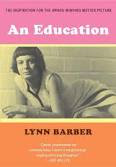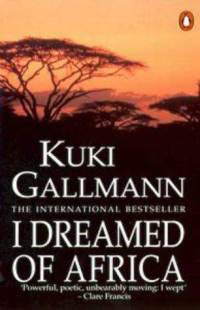
Lynn Barber is a fun old battleaxe and her book is an entertaining read. The movie, which follows her affair as a school girl with an older con man, really covers only the first two chapters of the book. The remainder follows her life up to the present, and is undoubtedly an education in what it meant to be born female in the 1940s.
Horrifyingly, for example, when the older con man asks her to marry him, right after high school, her parents encourage her to do so even though this apparently means that she must give up her place at Oxford. Apparently the logic is that if you are married you don’t need to go to university. The poor deluded girl agrees, but luckily for her the conman is revealed to be already married, so she is allowed a tertiary education.
On the plus side, they haven’t yet heard of HIV, so she tells us “I probably slept with about fifty men in my second year.” This sounds fun, but then “there was no afterwards, either because the sex was a disaster, or because my pretence of sexual confidence scared them off. I did great, noisy, pretend orgasms with lots of “Yes! Yes!” . . .But I still hadn’t experienced the real thing.”
She begins to have some success as a journalist, despite the idea – apparently prevalent at the time – that women graduates ought to work their way up from secretary. Touchingly, she falls in love with her husband at first sight, and stays married to him till his death. The last long section while he is mortally ill in hospital is really moving. Barber is brutally honest about what she perceives as her failures during this period – she became annoyed with her sick husband, tried to avoid him, and so on. It’s a testament to the fact that neither grief nor love are orderly or as we expect, which I found comforting.





